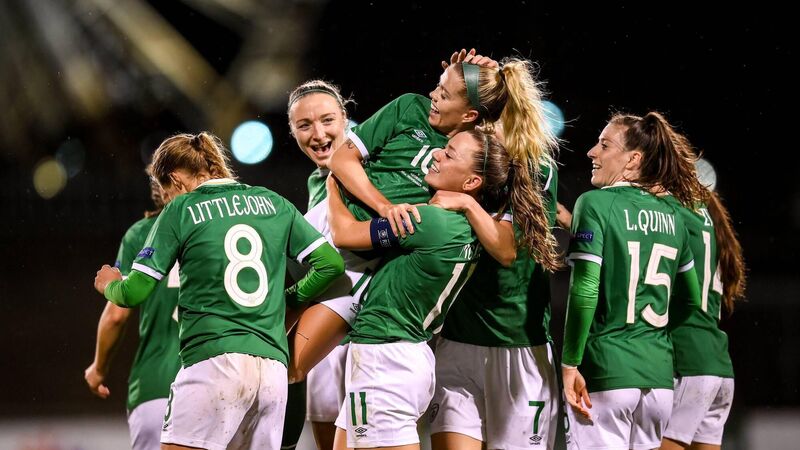Eimear Ryan: Can we continue Christine Grant’s pioneering work for women’s sport?

Can we make the same strides for women’s sports in the next 50 years as Christine Grant did in the last? It’s something to keep the mind occupied in the long winter evenings when everything is shut
We have lost some cultural giants of late: the iconic American essayist Joan Didion; beloved comedian Betty White of fame; and groundbreaking Oscar winner Sidney Poitier. Parasocial relationships are strange. It’s always surprising to me how sad I feel at the passing of a famous person who I have never met, yet whose work means a lot to me. (Maybe I should be less surprised; it’s the job of writers and actors, after all, to affect us emotionally.)








